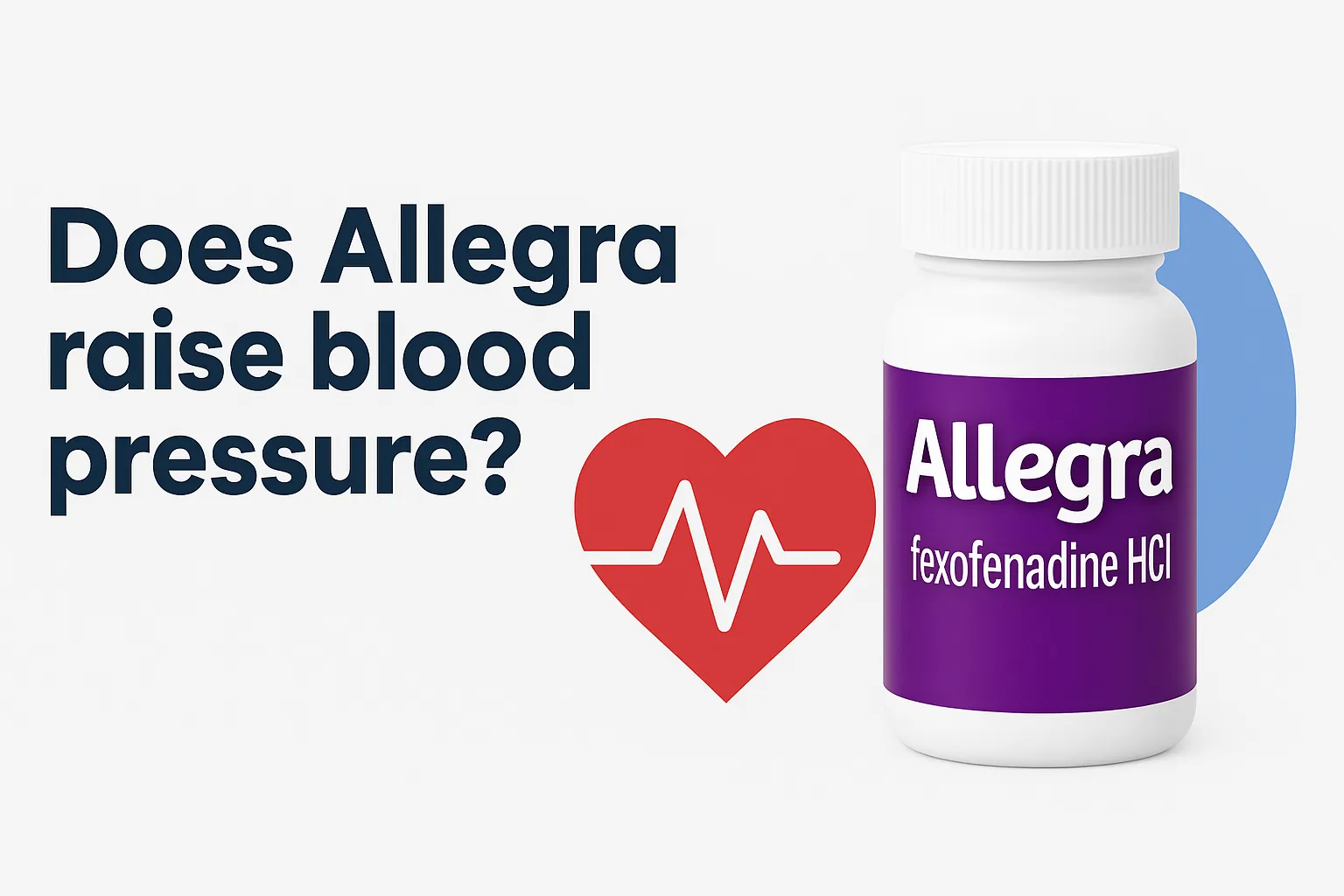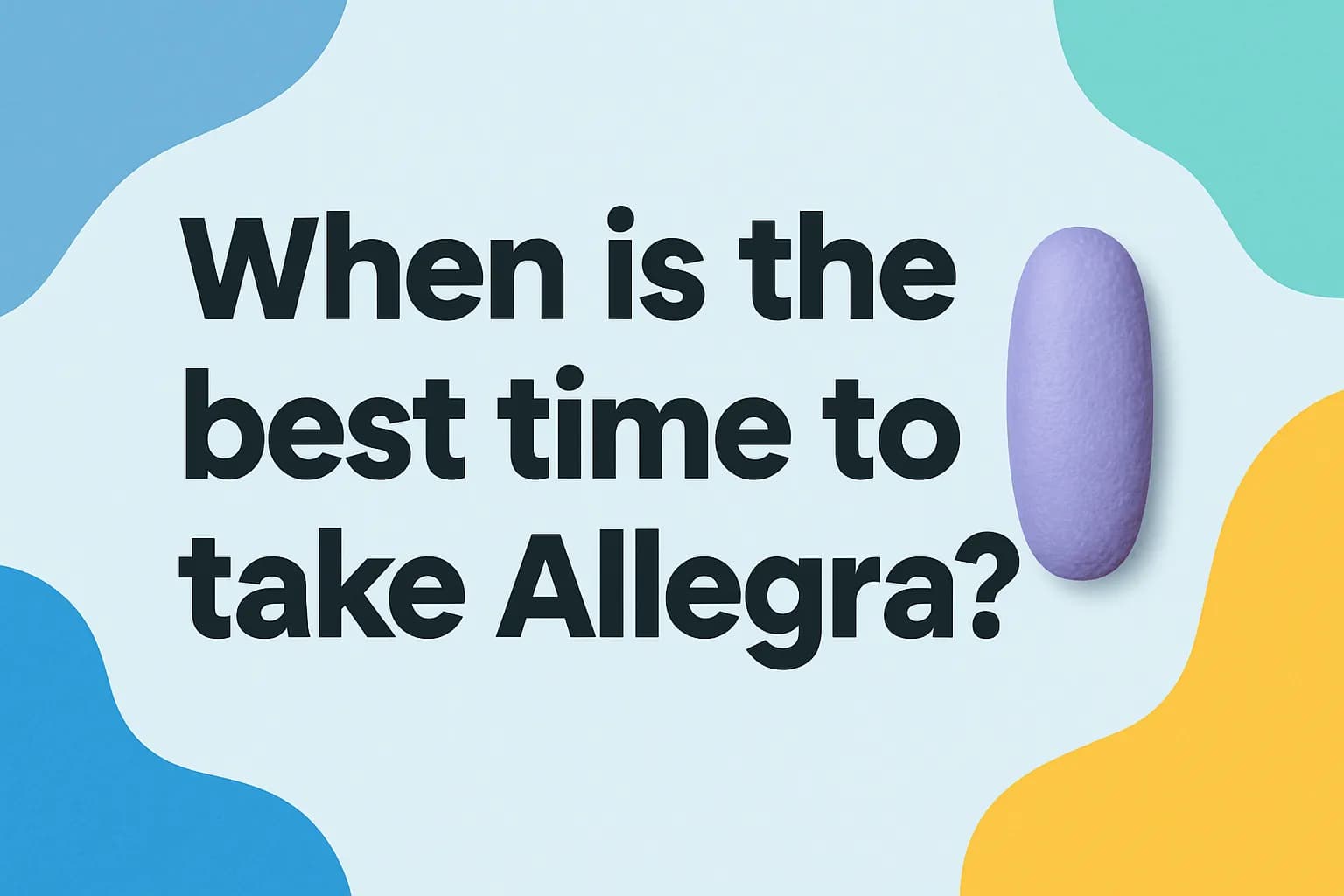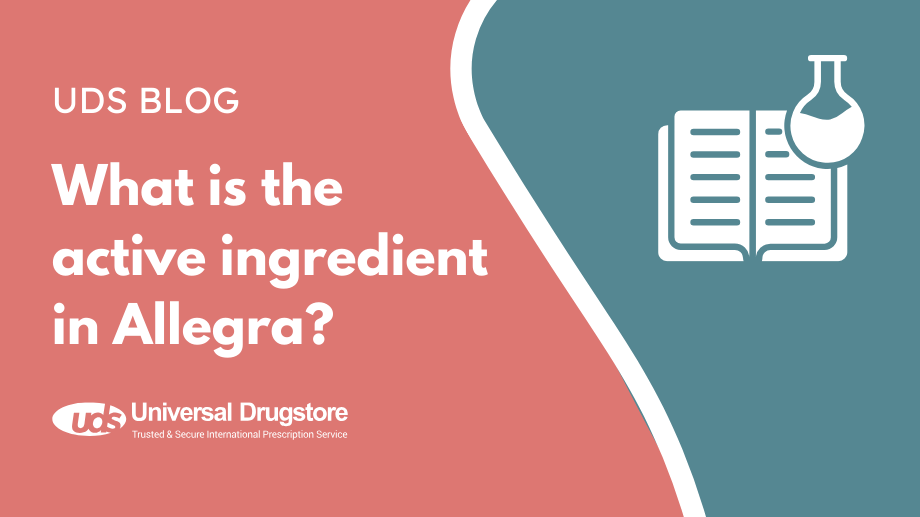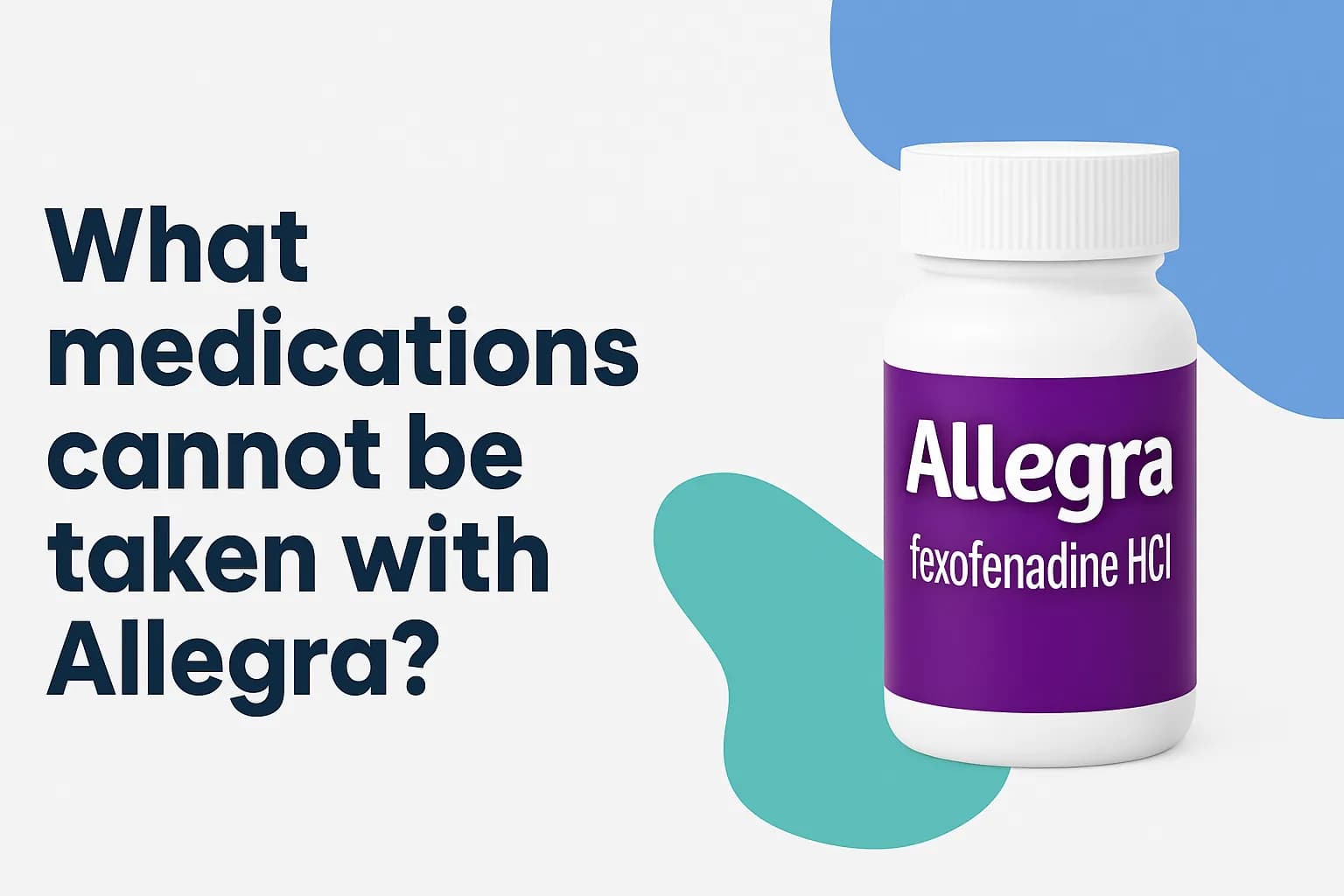Does Allegra raise blood pressure?

If you have high blood pressure, you already know you should watch what you eat and drink, avoiding foods high in salt and limiting your caffeine. But you may not realize that you may also need to be aware of certain over-the-counter (OTC) medications while managing your hypertension, because some can cause your blood pressure to go up as a side effect. One group of meds, in particular, you should pay close attention to are year-round or seasonal allergy medications.
Finding a safe allergy medicine you can use if you have high blood pressure can be challenging if you do not know what to look for. Do not assume that a product is safe for you because it is available without a prescription.
There are several types of allergy medications and they work differently to relieve your hay fever or allergy symptoms like stuffy nose, runny nose, itchy eyes, hives, watery eyes, and sneezing. This includes:
Antihistamines
When your body comes in contact with an allergen, it increases the production of histamine, a chemical that flushes the allergen out of your sinuses and airways. This leads to allergy symptoms such as sneezing, runny nose, hives, and watery or itchy eyes. Histamine can also narrow your airways, leading to coughing. Antihistamines blocks the actions of histamine during allergic reactions to relieve these symptoms.
They are typically classified into older, or first-generation antihistamines, which are known to cause drowsiness, and newer, second-generation antihistamines, which are longer-acting and much less likely to make you drowsy.
Some examples of first-generation antihistamines include:
- Benadryl (diphenhydramine)
- Chlor-Trimeton (chlorphenamine)
- Vicks Ny-Quil (doxylamine)
- Dimetapp (brompheniramine)
In general, first generation antihistamines are safe if you have high blood pressure and other forms of heart disease. However, the U.S. Food and Drug Administration (FDA) has warned that taking higher than recommended doses of Benadryl can cause heart health problems, seizures, coma, or even death.
Some common examples of second-generation antihistamines includes:
- Allegra (fexofenadine)
- Claritin (loratadine)
- Zyrtec (cetirizine)
- Xyzal (levocetirizine)
- Clarinex (desloratadine)
If you suffer from allergies and have heart disease or high blood pressure, second-generation antihistamines like Allegra should be safe. However, you should not overuse these medications. Overuse may lead to common side effects, like sedation, nausea, headache, and dry mouth.
Decongestants
Another way histamine works in your body is by causing blood vessels in your nose and sinuses to expand, which can narrow your airways and lead to nasal congestion. Decongestants work by shrinking these blood vessels back down so you can breathe better.
But by constricting these blood vessels, they make it harder for blood to flow through them, causing your blood pressure to rise. This can happen even if you are on high blood pressure medication. Along with increasing your blood pressure, decongestants can also raise your heart rate, particularly if they contain pseudoephedrine, which is a stimulant.
Decongestants come in pills, liquids, and nasal sprays. Some common over-the-counter options include:
- Sudafed (pseudoephedrine)
- Afrin (oxymetazoline)
- Sudafed PE (phenylephrine)
They are also commonly combined with other cold and allergy medications such as antihistamines, cough suppressants, mucus thinners, and fever reducers. Because of their effect on blood pressure, you may want to avoid over-the-counter products that contain any of these ingredients if you have high blood pressure:
- Naphazoline
- Phenylephrine
- Pseudoephedrine
- Oxymetazoline
If you have glaucoma, hyperthyroidism, an enlarged prostate, liver, kidney, heart or circulation problems, or diabetes, you should also not take decongestants without first talking to your doctor.
Corticosteroids
When sprayed into your nose, steroids reduce inflammation (swelling). This can help relieve allergy symptoms such as sneezing and a runny or stuffy nose. It can also help to reduce the size of any swellings in your nose such as polyps. Side effects of steroid nasal sprays can include an unpleasant taste, irritation in your nose, and nosebleeds. Some common examples include:
- Rhinocort (budesonide)
- Flonase Nasal Spray (fluticasone propionate)
- Nasacort Allergy 24 Hour (triamcinolone acetonide)
- Nasonex Nasal Spray (mometasone)
While oral corticosteroids can cause swelling which can lead to increased blood pressure, it is not a common side effect of steroid nasal sprays. In fact one study involving Nasonex found that blood pressure was actually decreased after using it in people with allergic rhinitis (hay fever). This suggests that nasal congestion and trouble breathing when you have allergies may affect your blood pressure.
In general, antihistamines and steroid nasal sprays are typically considered safe to use for allergy relief if you have high blood pressure. Decongestants on the other hand, may increase your blood pressure and heart rate so they may not be safe. But before you take any medication, you should carefully check the ingredients and seek medical advice from your healthcare provider or pharmacist. Be sure to discuss any other pre-existing medical conditions and current medications, including supplements, with a healthcare professional to rule out any potential drug interactions.
What can you do for allergies if you cannot take medications?
If you continue to suffer from allergy symptoms but can’t take allergy medications because of high blood pressure or other heart problems, there are other ways you can help manage the sneezing, runny or stuffy nose, coughing, and watery eyes that allergies can cause. Some ways to help:
- Running a dehumidifier.
- Using hypoallergenic bedding such as mattress and pillow cases.
- Using a saline nasal spray or irrigation to rinse out your nasal passages and remove allergens.
- Using air purifiers with HEPA filters.
- Keeping windows shut and using air conditioning when pollen counts are high.
- Changing clothes and showering after being outdoors.
- Vacuuming at least once a week.
- Avoiding outdoor activities when pollen counts are high.
- Wearing a mask and sunglasses when gardening or mowing.
Some supplements may help with allergy symptoms. Butterbur has been shown to be an effective allergy treatment that works similarly to Zyrtec and Allegra. But there are concerns that it may be linked to liver damage and cancer. Also, pregnant women should not take products containing butterbur. Bromelain, an enzyme found in pineapples, is known to reduce nasal swelling and thin mucus, which could help you breathe easier. Some other supplements that may help include vitamin C, stinging nettle, and quercetin.
Inhaling steam can help clear your nasal passages and relieve sinus congestion, a common symptom of allergies. Adding essential oils such as peppermint or eucalyptus to the steam may increase the effectiveness.
Sources
- AAAAI Allergy and Asthma Drug Guide. American Academy of Allergy, Asthma & Immunology. Accessed June 6, 2024.
- Kartal O, et al. Effects of intranasal mometasone furoate on blood pressure. Allergol Select. 2018.
- High Blood Pressure and Cold Remedies: Which are Safe? Mayo Clinic. Accessed June 6, 2024.
- Allergies: Controlling your symptoms. American Family Physician. 2023.
- Bergmann, K. C., et al. Nonpharmacological measures to prevent allergic symptoms. Allergologie Select. 2021.
- deShazo RD, et al. Pharmacotherapy of allergic rhinitis. Accessed June 6, 2024.







